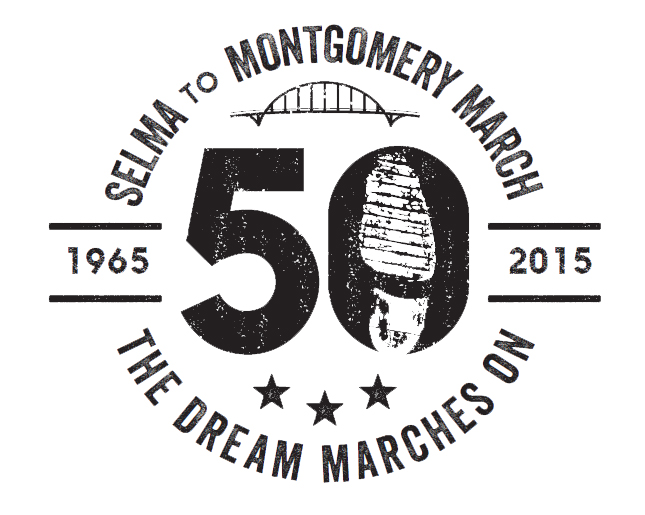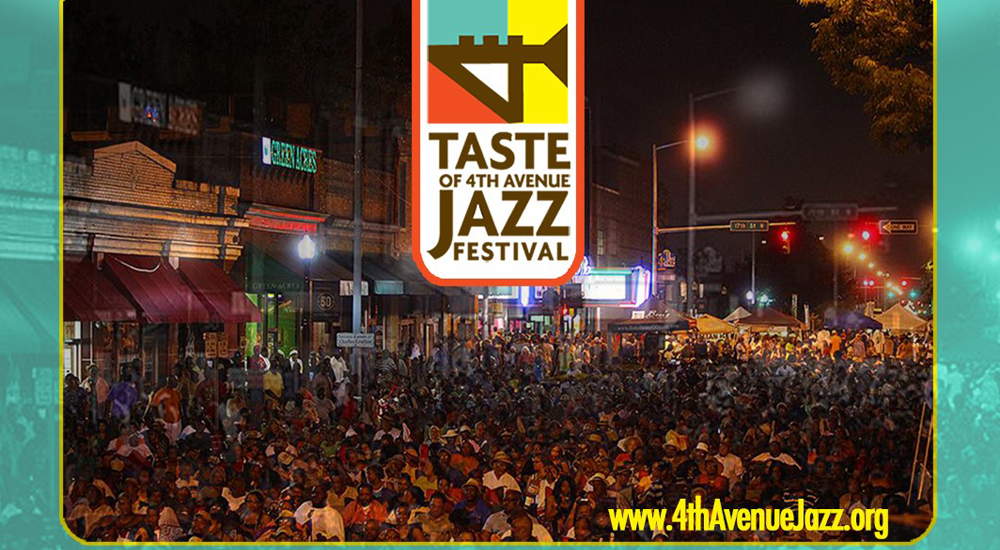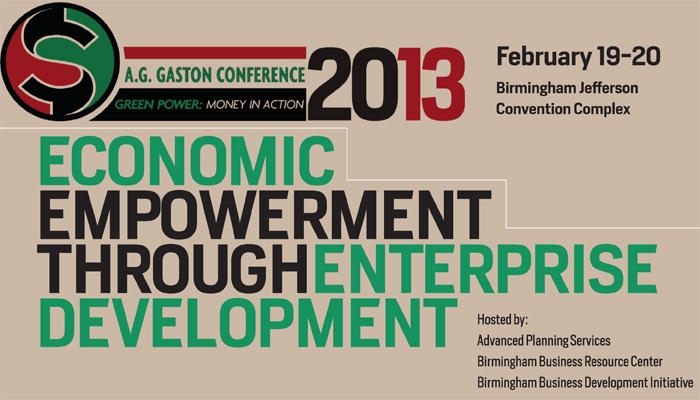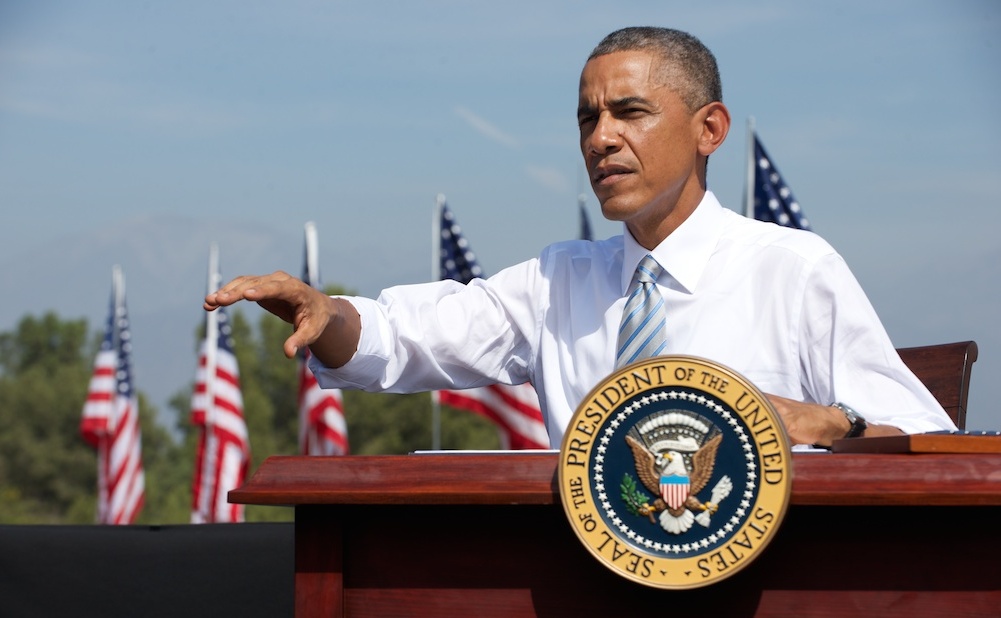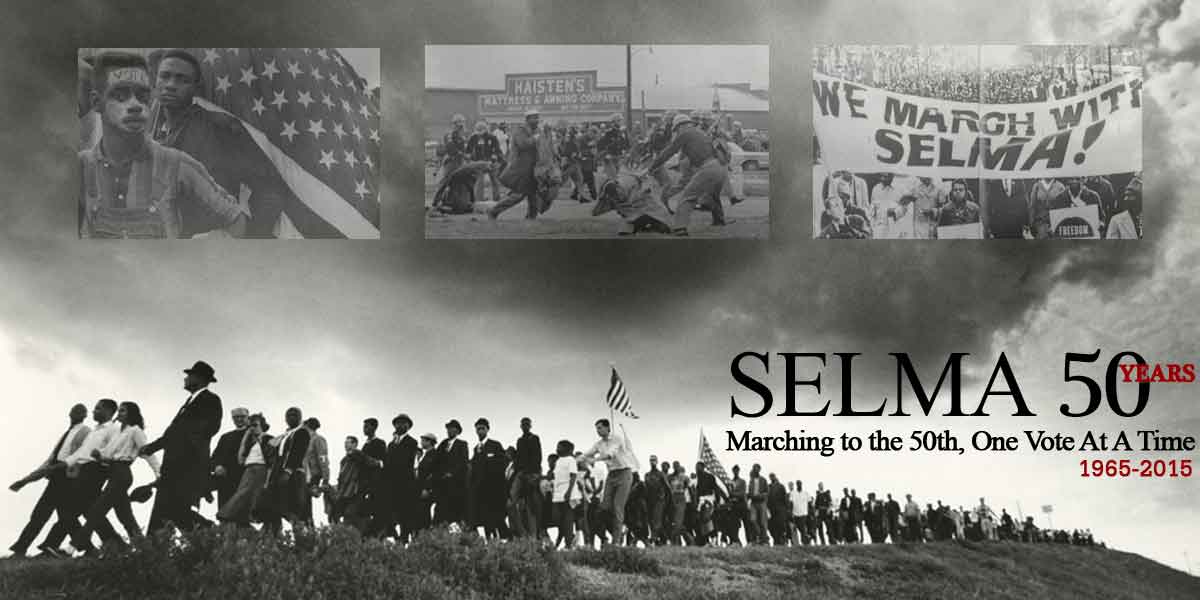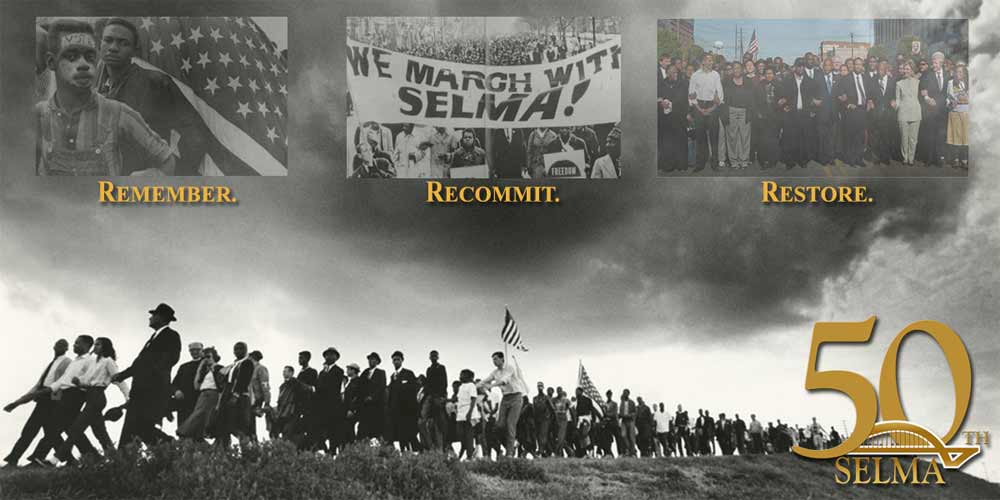(Birmingham, AL, Feb. 11, 2013) — The 9th annual A.G. Gaston Conference returns to Birmingham in 2013 with a focus on building the African American community’s economic strength through business enterprises. The event is set for Tuesday, Feb. 19, through Wednesday, Feb. 20, at the Birmingham-Jefferson Convention Complex’s East Meeting Room.
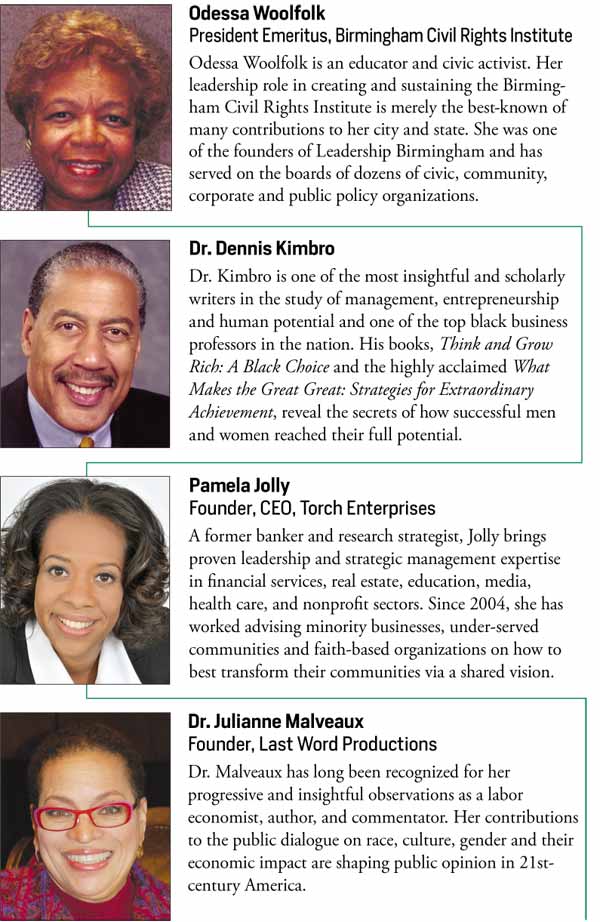 The 2013 conference’s lineup is the strongest yet of thinkers, business strategists and economists, including Dennis Kimbro, Ph.D, author of “Think and Grow Rich: A Black Choice,” Pamela Jolly, CEO of Torch Enterprises, and Dr. Julianne Malveaux, a nationally-renowned syndicated columnist, economist, author, and educator.
The 2013 conference’s lineup is the strongest yet of thinkers, business strategists and economists, including Dennis Kimbro, Ph.D, author of “Think and Grow Rich: A Black Choice,” Pamela Jolly, CEO of Torch Enterprises, and Dr. Julianne Malveaux, a nationally-renowned syndicated columnist, economist, author, and educator.
These guest speakers and invited community panelists will address the multiple streams of revenue necessary to generate a rising economic tide that can lift all boats, in the black community and in society at large.
Each year, the conference also awards community leaders whose accomplishments are often overlooked, but, like Birmingham businessman A.G. Gaston, they find a need, fill it and deliver it untiringly to the community.
This year’s A.G. Gaston Award winner is given posthumously to the Rev. Abraham L. Woods, who was president of the Birmingham Southern Christian Leadership Conference until his passing in 2008. The award recognizes his contribution to civil rights, particularly as the city commemorates the 50th anniversary of the 1963 Birmingham Civil Rights Movement, in which Woods was a central local figure.
Past award winners have included the Rev. Fred Shuttlesworth, Birmingham’s fearless civil rights leader, former federal judge U.W. Clemon, who started his career as a civil rights lawyer, and this year’s opening speaker Odessa Woolfolk, president emerita of the Birmingham Civil Rights Institute.
Bob Dickerson – executive director of the Birmingham Business Resource Center who co-founded the conference with Gaynelle Adams-Jackson of Advanced Planning Services – says that African Americans must build and support businesses that, in turn, generate wealth that should be re-circulated back into their community.
“In keeping with this year’s theme, Economic Empowerment through Enterprise Development, this ninth edition of our event will certainly pay particular attention to how establishing and sustaining viable businesses is critical to our community as a whole and, in particular to African Americans who have, throughout American history, been woefully under-represented as popular and successful business owners and executives,” Dickerson said.
This year’s “Green Paper” by journalist Roy Williams explores how various community components affect the potential of black-owned enterprise.
“We realize that there are other components of economic empowerment; among them are housing, education, workforce and human development. There are also roles for government as well as for big and small business. With that in mind, we asked our friend and colleague, Roy Williams, to ask a few highly respected experts to share their thoughts on the various components of economic empowerment,” Dickerson said. “We are delighted to present their comments as the 2013 A.G. Gaston Conference Green Paper.”
However, he says the power to move and grow beyond any limitations that the paper and the panel address will rest squarely on the shoulders of the black community itself.
“Instead of being so focused on outside factors and influences, we should start focusing on creating business enterprises and employment opportunities for ourselves,” Dickerson says. “If you look at Gaston’s business model, all the money he made, he made delivering services to black folks. Most of the executives in his enterprises were black. His businesses were contained within the community. So, too, we have to build on our strengths from within.”
See the conference schedule details below:
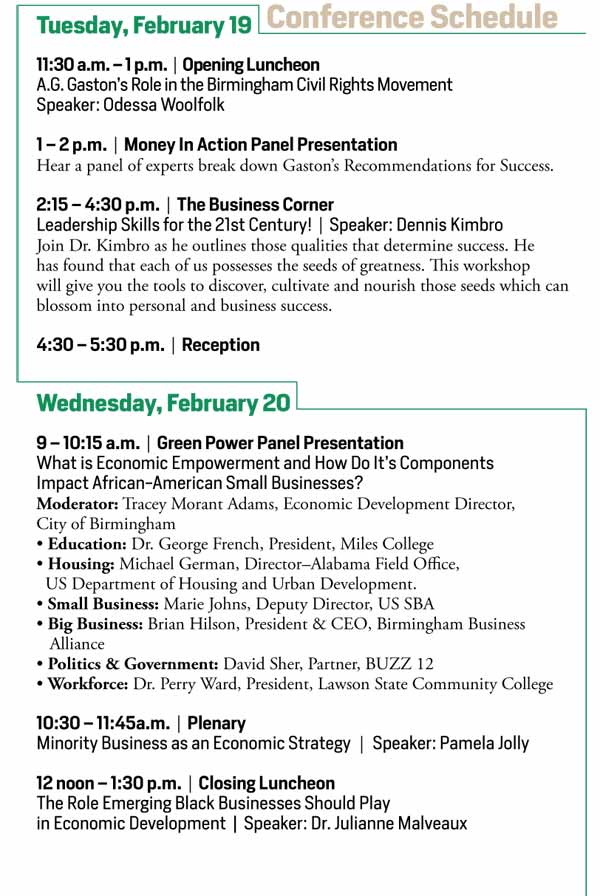
Register to win a free conference package from Birmingham View Magazine. See details HERE.
(Birmingham, AL, Feb. 11, 2013) — The 9th annual A.G. Gaston Conference returns to Birmingham in 2013 with a focus on building the African American community’s economic strength through business enterprises.
The event is set for Tuesday, Feb. 19, through Wednesday, Feb. 20, at the Birmingham-Jefferson Convention Complex’s East Meeting Room.
2013 features the conference’s strongest lineup yet of thinkers, business strategists and economists, including Dennis Kimbro, Ph.D, author of “Think and Grow Rich: A Black Choice,” Pamela Jolly, CEO of Torch Enterprises, and Dr. Julianne Malveaux, a nationally-renowned syndicated columnist, economist, author, and educator.
These guest speakers and invited community panelists will address the multiple streams of revenue necessary to generate a rising economic tide that can lift all boats, in the black community and in society at large.
Each year, the conference also awards community leaders whose accomplishments are often overlooked, but, like Birmingham businessman A.G. Gaston, they find a need, fill it and deliver it untiringly to the community.
This year’s A.G. Gaston Award winner is given posthumously to the Rev. Abraham L. Woods, who was president of the Birmingham Southern Christian Leadership Conference until his passing in 2008. The award recognizes his contribution to civil rights, particularly as the city commemorates the 50th anniversary of the 1963 Birmingham Civil Rights Movement, in which Woods was a central local figure. Past award winners have included the Rev. Fred Shuttlesworth, Birmingham’s fearless civil rights leader, former federal judge U.W. Clemon, who started his career as a civil rights lawyer, and this year’s opening speaker Odessa Woolfolk, president emerita of the Birmingham Civil Rights Institute.
Bob Dickerson – executive director of the Birmingham Business Resource Center who co-founded the conference with Gaynelle Adams-Jackson of Advanced Planning Services – says that African Americans must build and support businesses that, in turn, generate wealth that should be re-circulated back into their community.
“Instead of being so focused on integration, we need to start focusing on creating business enterprises and employment opportunities for ourselves,” Dickerson says. “If you look at Gaston’s business model, all the money he made, he made delivering services to black folks. Most of the executives in his enterprises were black. His businesses were contained within the community. So, too, we have to build on our strengths from within.”


